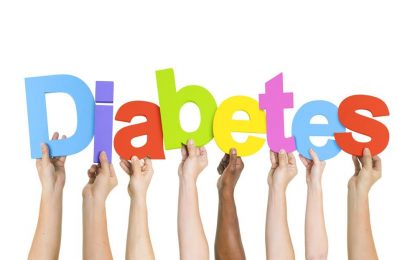An emergency kit is an important addition to a person’s diabetes treatment plan. It can be used for both day-to-day concerns and as a “Go Bag” for disasters. Although it should be tailored to your exact needs, some general things to consider include:
· Plastic container, ideally with a handle
· Blood glucose meter, strips and supplies
· Alcohol swabs
· Syringes
· Insulin pen
· Pen needles
· Two changes of insulin pump supplies
· An empty glass container with lid to for used sharps.
· Glucose tablets or other quick acting sources of sugar
· Small scissors
· Waterproof tape
· Baby oil or adhesive remover
· General first aid kit (for cuts, etc.)
· Flashlight
· Bottled water
· Protein bars and other snacks
· A cooling pack
· Spare batteries for everything
Emergency planners suggest a minimum of three days of supplies. Keep medications in their original containers. Make a reminder to review your kit every six months looking for expired contents.
You should have a list of emergency contacts, a summary from the last visit with your physician(s), copies of health insurance cards and prescriptions and a list of all medications taken, whether prescribed, over-the-counter, herbals or supplements. Also, any medication allergies you may have.
Don’t focus solely on your diabetes. Make sure you have a general health history including other information that may be needed, especially if you are forced to evacuate and see a new physician away from home.
For more information
ADA: Tips for Emergency Preparedness
JDRF: Preparing for an Emergency
For more general information, go to the Federal Emergency Management Agency’s website.





